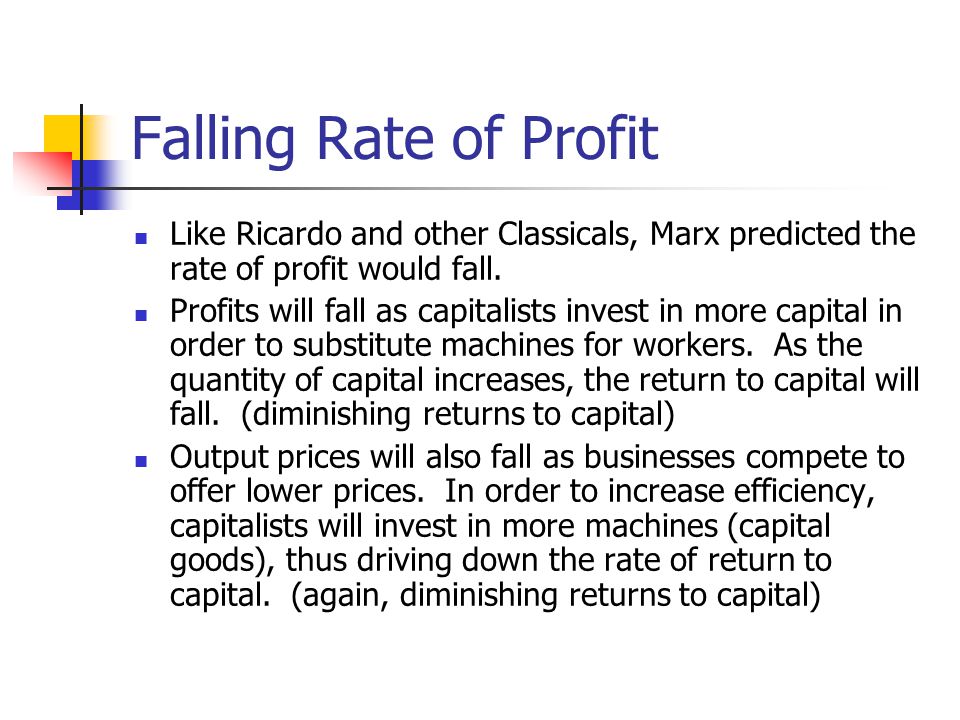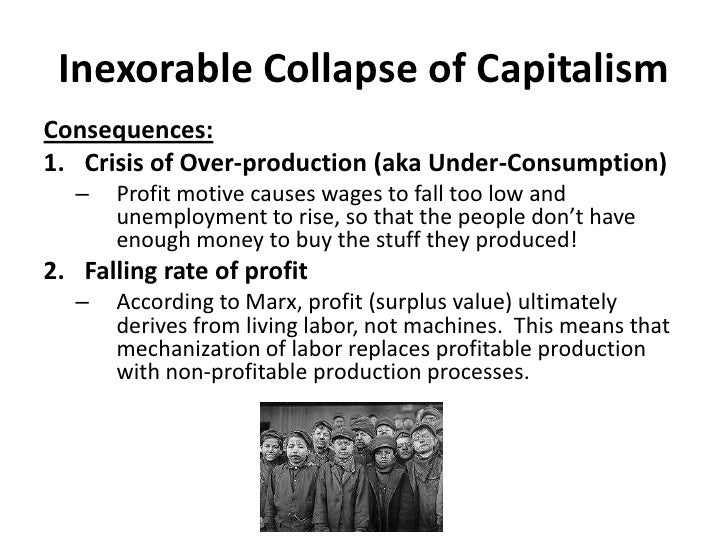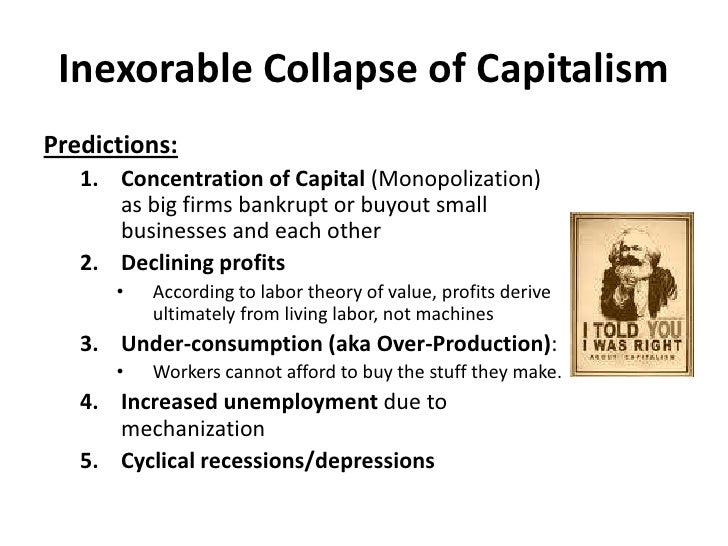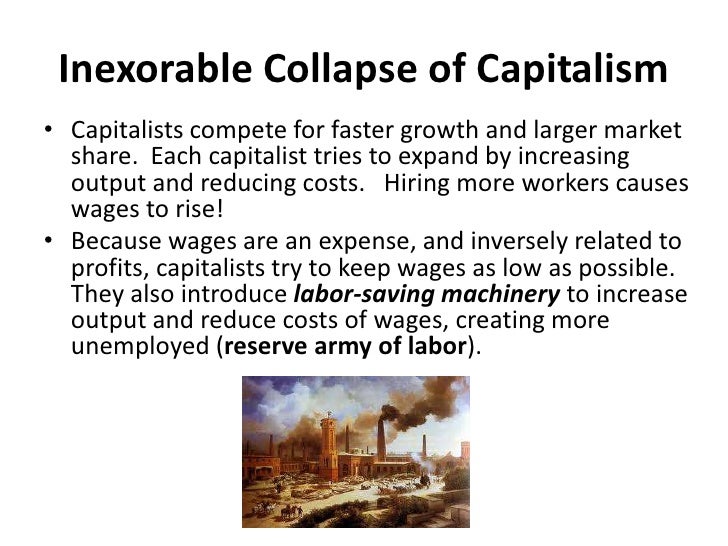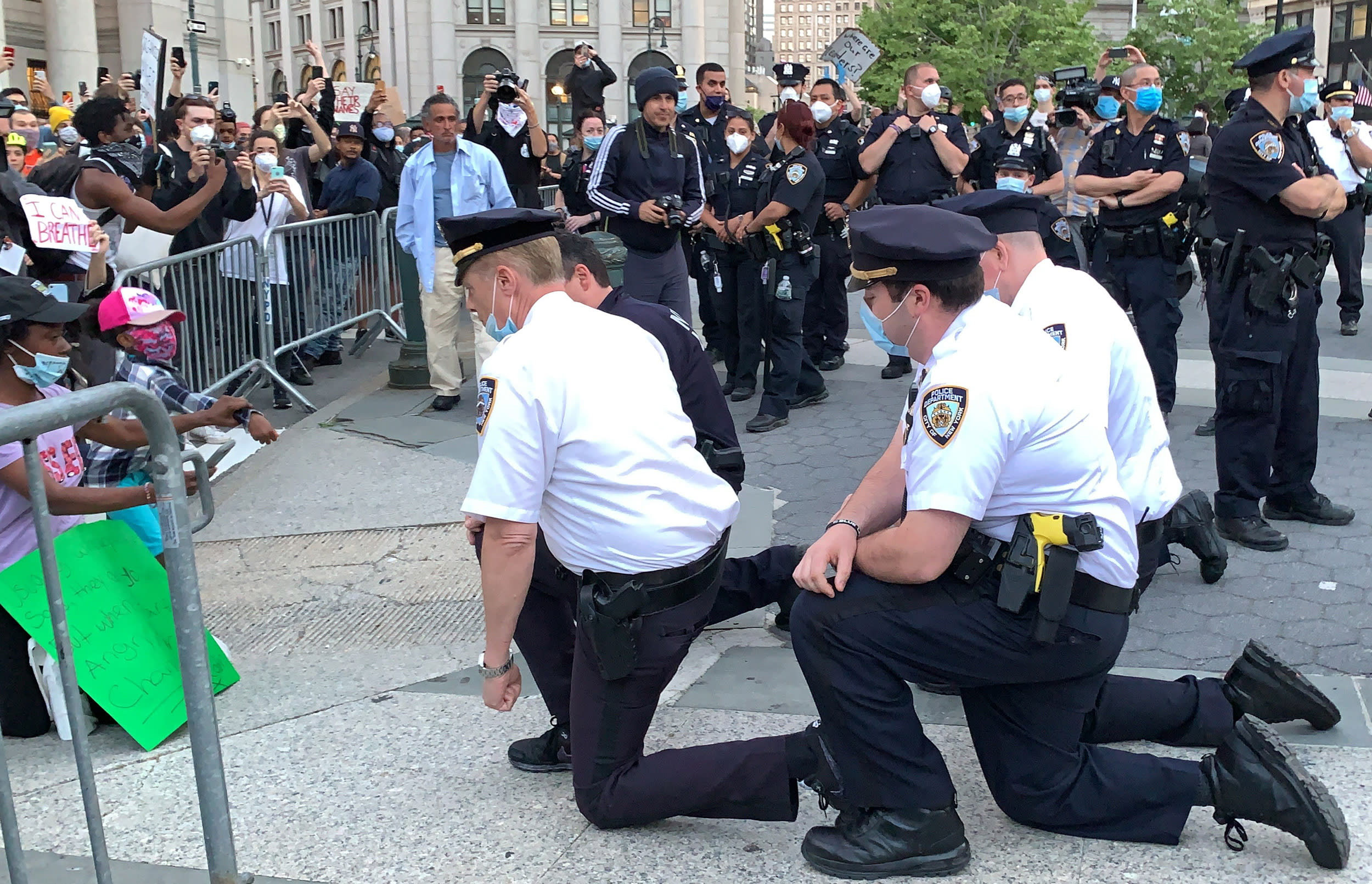THIS HAPPENED IN ALBERTA HOME TO THE WHITE SUPREMACIST CHRISTIAN PARTY UCP AND ITS LEADER PREMIER KENNEY
BBC•June 13, 2020
Video of an indigenous chief's violent arrest has shocked Canada, turning a spotlight on systemic racism in the country's police force.
The footage shows Athabasca Chipewyan First Nation Chief Allan Adam being floored and repeatedly punched by a Royal Canadian Mounted Police officer.
The confrontation took place in Fort McMurray, Alberta, on 10 March.
Protests demanding police reform have spread across Canada recently after spilling over from the US.
Although RCMP Commissioner Brenda Lucki initially said she "can't say for sure" PATHETIC whether systemic racism is a problem with the police, on Friday afternoon she released a statement saying "systemic racism is part of every institution, the RCMP included". "Throughout our history and today, we have not always treated racialized and Indigenous people fairly," she wrote.
THE RCMP ARE A MILITARY OCCUPATIONAL FORCE, THAT PROVIDES ACCESS TO INDIAN LANDS WEST OF THE OTTAWA VALLEY, FOR THE RAILROADS.SEE MY http://plawiuk.blogspot.com/2005/07/rebel-yell.html
Prime Minister Justin Trudeau called for an independent investigation.⇓
What does the video show?
Before the public release of the footage on Thursday night, the local RCMP division said they had reviewed it and found the officer's actions "reasonable".
The incident begins when an RCMP officer approaches Mr Adam and his wife over an expired licence plate.
The nearly 12-minute-long video, recorded by a dashcam from the RCMP officer's vehicle parked behind Mr Adam's lorry in a casino car park, begins with Mr Adam having a tense and profanity-laden discussion with the officer.
"I'm tired of being harassed by the RCMP," he says.
Mr Adam and the officer continue to have a heated argument. At about the 4:45 mark, the officer tries to arrest his wife, twisting her arm behind her back until she says: "Ow!"
That is when Mr Adam gets out again, shouting: "Leave my wife alone!" He pushes the officer away. Everyone gets back in the vehicle.
Backup is called, and Mr Adam gets out of the lorry. The officer begins to arrest him, and Mr Adam says "don't touch me", using an expletive. That is when a second officer runs at him full speed, knocks him down, and repeatedly punches him while shouting: "Don't resist."
The incident is being investigated by the Alberta Serious Incident Response Team, which oversees incidents involving police where someone is hurt.
What do Allan Adam and his lawyer say?
Mr Adam told Canadian media: "Because we are a minority and nobody speaks up for us, every time our people do wrong and the RCMP go and make their call, they always seem to use excessive force.
"And that has to stop. And enough is enough."
Mr Adam's lawyer Brian Beresh wants his client's charges, which include assaulting an officer and resisting arrest, to be dropped. Mr Adam is next due in court on 2 July.
Mr Beresh has practised law for 44 years, and says police violence against indigenous people has been a constant issue.
"I've seen this from the first day I've started to practise," he told the BBC.
"I'd like there to be some positive action taken by the RCMP, in terms of how they can prevent this from happening again. If this can happen with my client who's a respected chief, what about the First Nations person who is living on the street, who doesn't have my client's standing?"
The final straw
Analysis by Robin Levinson King, BBC News, Toronto
This video comes not so much as a surprise, but as a final straw to those who have for years been demanding an end to systemic racism and police brutality.
Over the past two weeks, thousands of Canadians have marched in mostly peaceful protests held in cities across the country for the Black Lives Matter movement. While the protests may have been sparked by the death of George Floyd in the US, the Canadians marching have been clear to say that systemic racism is not just an American problem.
In addition to Mr Adam's arrest, the recent deaths in police custody of Regis Korchinski-Paquet, a black woman in Toronto, and Chantel Moore, an indigenous woman New Brunswick, have become touchstones in the wider discussion about race and policing in Canada, which has included calls to defund police.
Although Canada is often praised for its politeness and multiculturalism, especially in comparison to the US, it has its own legacy of violence and oppression of indigenous and black people to contend with - a legacy which continues to have ramifications today.
While only 5% of the population is indigenous, indigenous people make up about a third of the prison population. Last November, the Globe and Mail published an analysis that showed that indigenous people made up a third of deaths in police custody.
While most Canadian police forces do not track race-based data, media reports find that black Canadians are also more likely be stopped by police and experience police violence.
What is the political reaction?
Calls for an end to racial injustice are gaining traction. Prime Minister Justin Trudeau said on Friday he has "serious questions" after watching the video.
"We have all now seen the shocking video of Chief Adam's arrest and we must get to the bottom of this," he said. "The independent investigation must be transparent and be carried out so that we get answers."

BLM protest in Ottawa
Last week, he marched in a Black Lives Matter protest and has said Canada has a problem with systemic racism "in all our institutions, including in all our police forces, including in the RCMP".
Black in Canada: 10 stories
Canada 'complicit in race-based genocide' of indigenous women
But Mr Trudeau also faces serious criticism both personally and politically, especially after photos surfaced during last autumn's election campaign of him in black face.
He has also been under scrutiny for not making greater strides at indigenous reconciliation.
Last year, a government report into murdered and missing indigenous women found that Canada was complicit in "race-based genocide" against indigenous women. Many of the report's recommendations have yet to be implemented.
Trudeau has 'serious questions' on arrest videoReuters Videos•June 12, 202039 Comments
"The events that have been brought to light over the past days highlight, without question, there is systemic discrimination within our institutions, including the RCMP."
Canadian Prime Minister Justin Trudeau on Friday demanded answers, after he viewed a newly released dashcam video that shows Royal Canadian Mounted Police arresting a prominent indigenous leader.
In the video from March 10, Chief Allan Adam of Athabasca Chipewyan First Nation accuses an officer of harassing him.
About 7 minutes into the video, an officer tackles Adam to the ground.
An officer then punches Adam in the face.
Adam alleges police beat him up during the incident involving an expired license plate in Fort McMurry, Alberta.
He released a photo of his swollen and bloodied face.
Then - this video emerged after it was filed as a court exhibit.
“I think everyone who has seen this video has serious questions about what exactly happened, about how it happened this way and about that use of force that we saw. That’s why we’re calling for an independent, transparent investigation that will get the answers that so many people are asking right now.”
The RCMP said officers used reasonable force after Adam resisted arrest.
An independent agency has begun an investigation.
Adam has been charged with resisting arrest and assaulting police. He is due in court on July 2.
People of indigenous descent account for just under 5 percent of Canada’s population. Many live in communities hit by crime, ill-health and poverty. Complaints about police discrimination are widespread.
Last week, he marched in a Black Lives Matter protest and has said Canada has a problem with systemic racism "in all our institutions, including in all our police forces, including in the RCMP".
Black in Canada: 10 stories
Canada 'complicit in race-based genocide' of indigenous women
But Mr Trudeau also faces serious criticism both personally and politically, especially after photos surfaced during last autumn's election campaign of him in black face.
He has also been under scrutiny for not making greater strides at indigenous reconciliation.
Last year, a government report into murdered and missing indigenous women found that Canada was complicit in "race-based genocide" against indigenous women. Many of the report's recommendations have yet to be implemented.
Trudeau has 'serious questions' on arrest videoReuters Videos•June 12, 202039 Comments
"The events that have been brought to light over the past days highlight, without question, there is systemic discrimination within our institutions, including the RCMP."
Canadian Prime Minister Justin Trudeau on Friday demanded answers, after he viewed a newly released dashcam video that shows Royal Canadian Mounted Police arresting a prominent indigenous leader.
In the video from March 10, Chief Allan Adam of Athabasca Chipewyan First Nation accuses an officer of harassing him.
About 7 minutes into the video, an officer tackles Adam to the ground.
An officer then punches Adam in the face.
Adam alleges police beat him up during the incident involving an expired license plate in Fort McMurry, Alberta.
He released a photo of his swollen and bloodied face.
Then - this video emerged after it was filed as a court exhibit.
“I think everyone who has seen this video has serious questions about what exactly happened, about how it happened this way and about that use of force that we saw. That’s why we’re calling for an independent, transparent investigation that will get the answers that so many people are asking right now.”
The RCMP said officers used reasonable force after Adam resisted arrest.
An independent agency has begun an investigation.
Adam has been charged with resisting arrest and assaulting police. He is due in court on July 2.
People of indigenous descent account for just under 5 percent of Canada’s population. Many live in communities hit by crime, ill-health and poverty. Complaints about police discrimination are widespread.
Video Transcript
JUSTIN TRUDEAU: The events that have been brought to light over the past days highlight that without question, there is systemic discrimination within our institutions, including within the RCMP.
- Canadian Prime Minister Justin Trudeau on Friday demanded answers after he viewed a newly released dash cam video that shows a Royal Canadian Mounted Police arresting a prominent indigenous leader. In the video from March 10, Chief Allan Adam of Athabasca Chipewyan first nation accuses an officer of harassing him.
About seven minutes into the video, an officer tackles Adam to the grounds. An officer then punches Adam in the face. Adam alleges police beat him up during the incident involving an expired license plate in Fort McMurray, Alberta. He released a photo of his swollen and bloodied face. Then this video emerged after it was filed as a court exhibit.
JUSTIN TRUDEAU: I think everyone who's seen this video has serious questions about what exactly happened, about how it happened this way, and about that use of force that we saw. That's why we're calling for an independent transparent investigation that will get the answers to so many questions people are asking right now.
- The RCMP said officers used reasonable force after Adam resisted arrest. An independent agency has begun an investigation. Adam has been charged with resisting arrest and assaulting police.
He is due in court on July 2nd. People of indigenous descent account for just under 5% of Canada's population. Many live in communities hit by crime, ill health, and poverty. Complaints about police discrimination are widespread.
Canadian PM Trudeau condemns ‘shocking’ police video of aboriginal chief arrestRob Gillies, Associated Press, PA Media: World News•June 12, 2020

Canadian PM Trudeau condemns ‘shocking’ police video of aboriginal chief arrestCanadian prime minister Justin Trudeau has said dashcam video of the violent arrest of a Canadian aboriginal chief is shocking and that black Canadians and indigenous people do not feel safe around police.
The arrest has received attention in Canada as a backlash against racism grows worldwide after the death of George Floyd after a white Minneapolis police officer pressed a knee to his neck.
A 12-minute police video shows an officer charging at Athabasca Chipewyan First Nation Chief Allan Adam with his arm and elbow up as he tackles him to the ground. It also shows the officer punching him in the head
BREAKING NEWS: Dash-cam footage obtained by CTV News shows Athabasca Chipewyan First Nation Chief Allan Adam getting tackled by Wood Buffalo RCMP officers, then punched in the head and put in a choke-hold. #cdnpoli #RCMP pic.twitter.com/NKJeapPzDN
Rosa Hwang (@journorosa) June 12, 2020
Mr Trudeau called the video “shocking”, and said: “I have serious questions about what happened. The independent investigation must be transparent and be carried out so that we get answers.
“At the same time, though, we also know that this is not an isolated incident. Far too many black Canadians and indigenous people do not feel safe around police. It’s unacceptable. And as governments, we have to change that.”
Pictures show Mr Adam was left bloodied with his face swollen. Alberta’s police watchdog is investigating.
Police charged Mr Adam with resisting arrest and assaulting a police officer.
The Athabasca Chipewyan First Nation said the Royal Canadian Mounted Police dashcam video was released publicly as part of a court application to get criminal charges against Mr Adam removed.
The video earlier showed a different officer approaching Mr Adam’s truck outside a casino in Fort McMurray, Alberta, early on the morning of March 10. Police have said the truck had expired licence plates.
The video shows him getting in and out of the vehicle, removing his coat and taking a karate-like stance and using expletives as he complains about being harassed by police. His wife and niece get in between Mr Adam and the officer at times.
I'm raising money for Legal Costs – Chief Allan Adam. Click to Donate: https://t.co/cSe2TTmj7x via @gofundme
Athabasca Chipewyan First Nation (@ACFN_KaiTaile) June 12, 2020
His lawyer, Brian Beresh, has filed a court motion to have criminal charges dropped over violation of Mr Adam’s constitutional rights.
“All of this resulted from an expired licence plate tag. The video speaks for itself,” Mr Beresh said in a statement.
Mr Trudeau has said the issue of systemic racism in policing is longstanding and needs addressing.
Mr Adam held a news conference last weekend to talk about excessive force and racism. He has noted that although aboriginals represent 5% of Canada’s population, they make up to 30% of the prison population.
Opposition Conservative leader Andrew Scheer said he was troubled by the video.
“It’s very difficult to watch,” he said. “I found it very troubling and very worrying. The events of the last few days and weeks have ignited a very important conversation about the use of excessive force.”
The RCMP said in a statement that the video had been reviewed by supervisors and “it was determined that the members’ actions were reasonable and did not meet the threshold for an external investigation”.
The statement from the Athabasca Chipewyan First Nation called for the officers involved to be punished and criminal charges brought.

